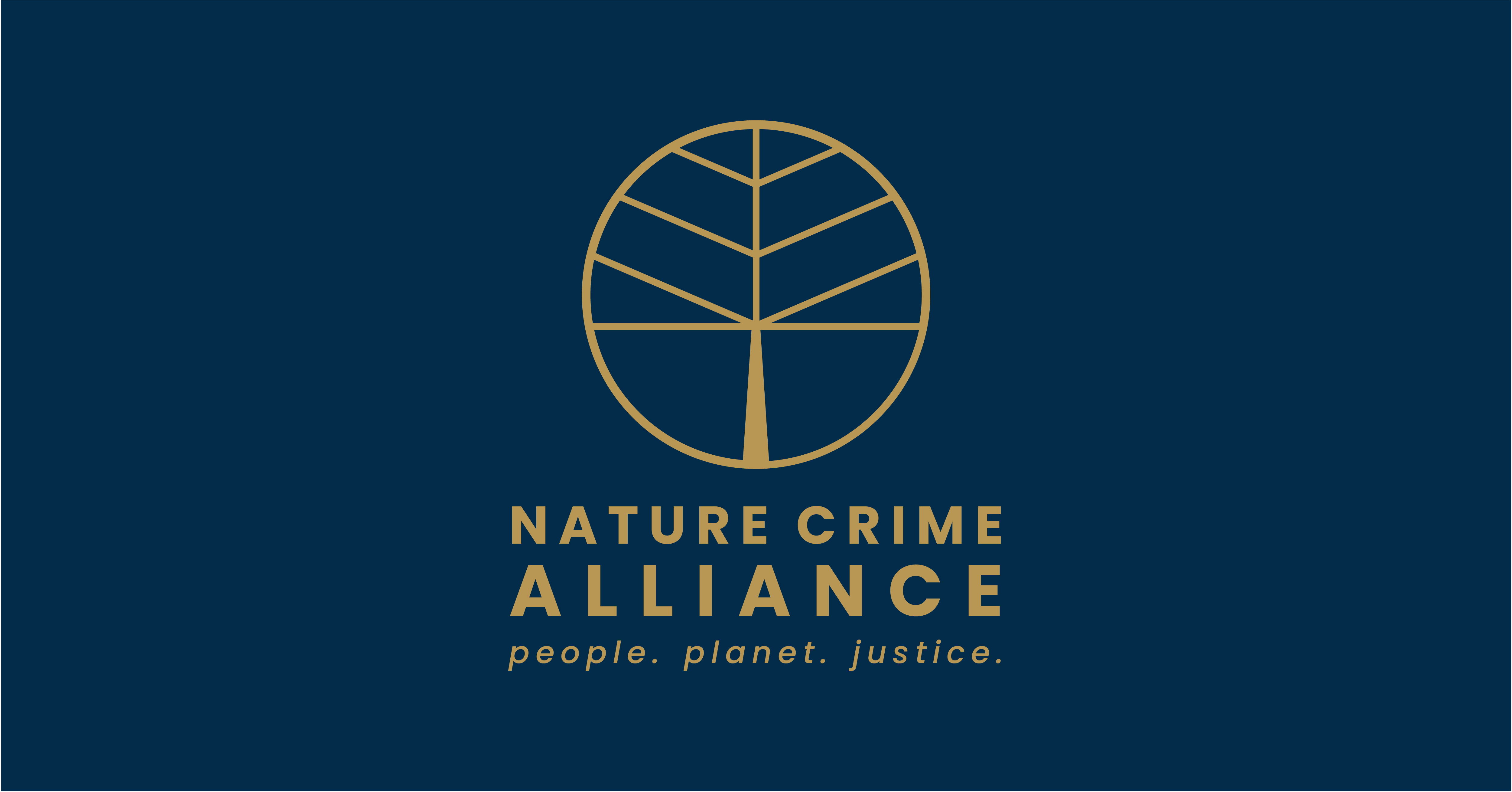Our Guiding Principles
Organisations wishing to join the Alliance must adhere to our Guiding Principles.

The Nature Crime Alliance brings together diverse stakeholders from governments and nongovernment entities committed to halting nature crime. Stakeholders who wish to participate in the Alliance and contribute to its collective mission are expected to adhere to the following Guiding Principles:
1. Combat Nature Crime and Associated Criminal Activities
Participants commit to take appropriate action within their own mandates and to support cooperative activities to combat nature crime and associated criminal activities, as well as address the underlying drivers of nature crime. This includes, inter alia:
- supporting the investigation and prosecution of criminal leaders and syndicates involved in nature crime and related organised crime;
- developing, implementing, and advocating for policies, regulations, and strategies aimed at tackling nature crime and/or addressing its underlying drivers; and
- deploying financial, technical, and human resources to build capacity to tackle nature crime and promote effective law enforcement.
2. Conserve Natural Ecosystems and Protected Species
Participants commit to conserve natural ecosystems, acknowledging the role they play in sustaining life on Earth. Participants commit to take appropriate actions to safeguard species and prevent the illegal export or import of protected species.
3. Respect Human Rights and the Rights of Indigenous Peoples and Local Communities
Participants commit to comply with and implement relevant national law and international obligations, including those concerning internationally recognised human rights as appropriate. This may include taking affirmative steps to prevent, investigate, punish, and redress human rights abuses through effective policies, legislation, regulations and adjudication. Participants commit to respect the rights of Indigenous Peoples and Local Communities, including those related to traditional knowledge, as outlined in the United Nations Declaration on the Rights of Indigenous Peoples, relevant national legislation, treaties, and other agreements, including with respect to the concept of free, prior and informed consent, as applicable.
